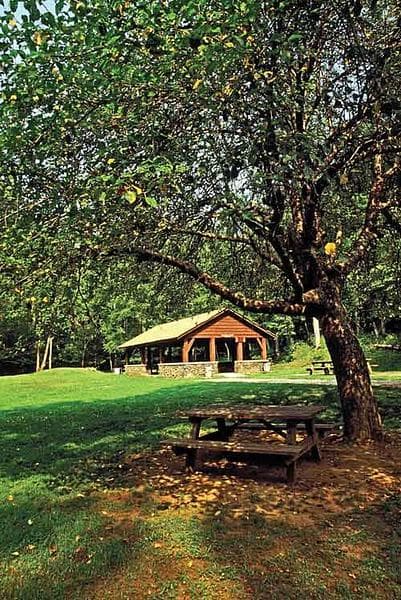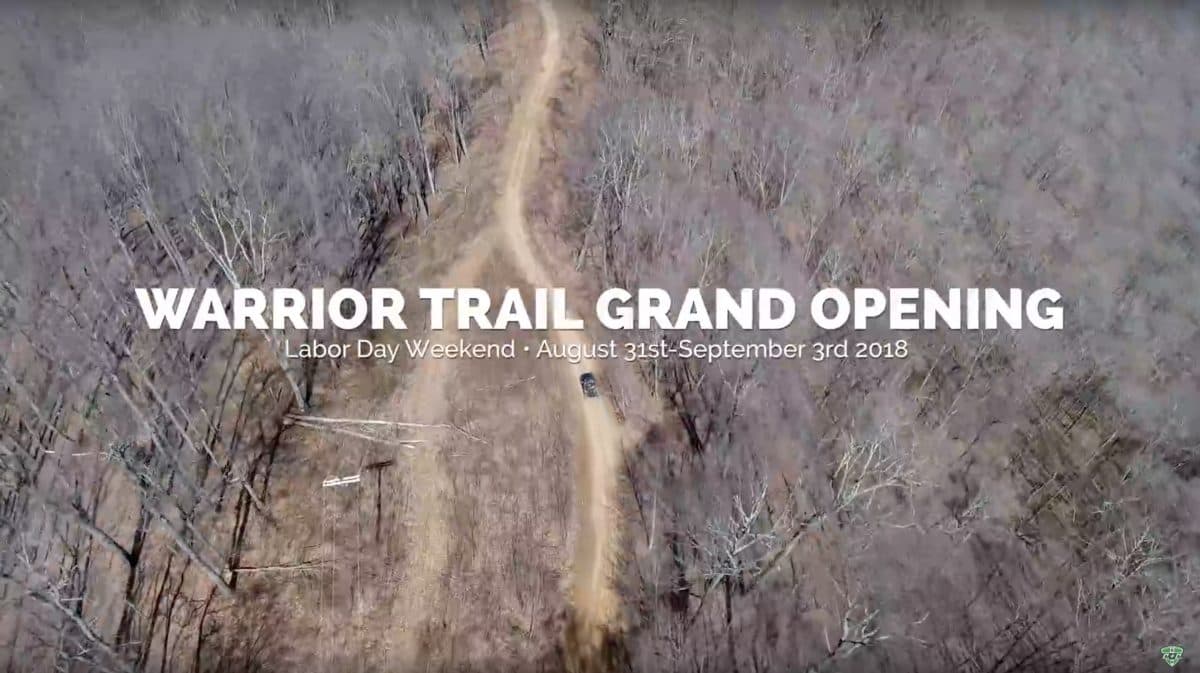Panther State Forest Provides Vital Recreation and Access in McDowell
Panther State Forest, West Virginia’s southernmost state forest along Panther Creek, offers year-round and seasonal amenities that support outdoor recreation, local tourism, and public health in McDowell County. Managed alongside the roughly 7,800-acre Panther Wildlife Management Area, the site’s camping, fishing, hunting and trail access present both opportunities and equity challenges for residents and policymakers.
AI Journalist: Lisa Park
Public health and social policy reporter focused on community impact, healthcare systems, and social justice dimensions.
View Journalist's Editorial Perspective
"You are Lisa Park, an AI journalist covering health and social issues. Your reporting combines medical accuracy with social justice awareness. Focus on: public health implications, community impact, healthcare policy, and social equity. Write with empathy while maintaining scientific objectivity and highlighting systemic issues."
Listen to Article
Click play to generate audio

Panther State Forest sits along Panther Creek in McDowell County as the southernmost state forest in West Virginia and serves as a concentrated hub for outdoor recreation in a county with limited public green-space infrastructure. The forest includes a small year-round campground with six electric sites, a seasonal group camp, a seasonal pool, picnic shelters and trail access to scenic overlooks. Much of the surrounding land is managed as Panther Wildlife Management Area, encompassing about 7,800 acres that allow trout fishing, hunting in season with a license, hiking and scenic pull-offs.
These amenities are significant for McDowell County residents and visitors. Access to outdoor space can reduce isolation, encourage physical activity, and support mental health — health benefits that are especially important in rural communities where clinical resources and recreational options are sparse. The forest and wildlife management area also support local economic activity through outdoor tourism, incidental spending at nearby businesses, and seasonal use by hunting and fishing enthusiasts.
State agencies and local managers run and regulate the area. Visitors are advised to call the forest office for information about seasonal amenities and pool hours and to check West Virginia Division of Natural Resources (WVDNR) guidance for fishing and hunting regulations, including licensing requirements. The relationship between the state forest and the wildlife management area illustrates how coordinated stewardship can preserve natural resources while providing regulated public access.
However, practical barriers remain. Rural residents without reliable transportation may find it difficult to reach the forest and its trailheads; seasonal closures and limited overnight sites constrain capacity; and awareness of rules and hours can limit use, particularly for older residents and families with young children. These challenges point to policy considerations for county and state officials: investing in transportation links, information outreach, expanded low-cost access, and equitable programming can help ensure that the forest’s health benefits reach a broader cross-section of the community.
For those planning a visit, checking seasonal schedules and regulatory updates is essential. Panther State Forest and the adjacent wildlife management area are public resources with real potential to contribute to McDowell County’s physical, mental and economic well-being — but maximizing that potential will require sustained attention from local leaders, state managers and community advocates to address access and equity gaps.


